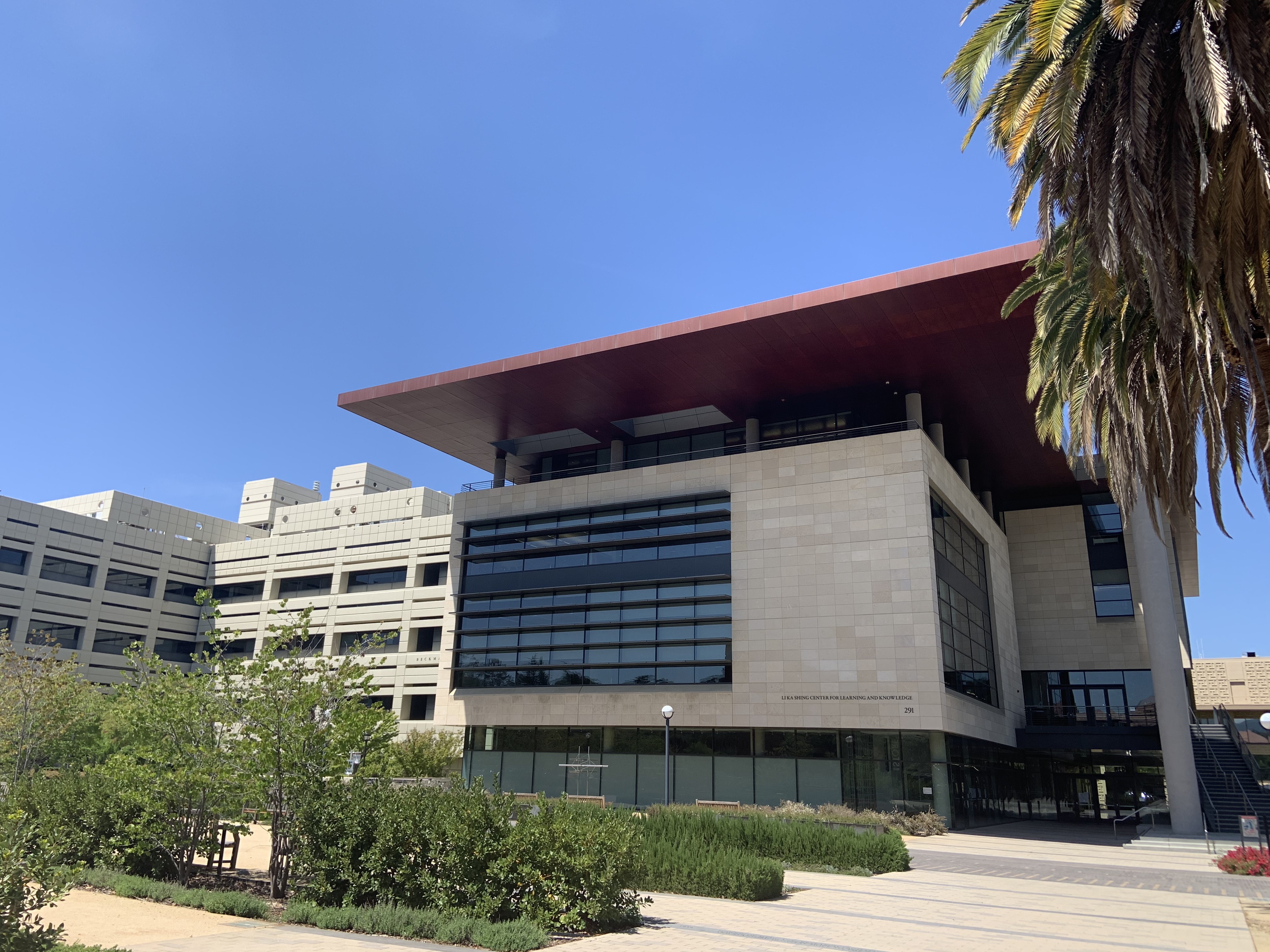In a new study, Stanford researchers found a way to convert cancer cells into harmless antigen-presenting cells, allowing T-cells already present in the immune system to recognize and attack other cancer cells.
This is a novel development in the research of cancer vaccination, which is a nascent field of immunotherapy where the immune system is trained to detect and eradicate cancer. Similar to how a vaccine delivers specific antigens to the immune system to recognize a certain pathogen, the researchers say they wanted to find a new way to train the immune system to identify cancer.
“Cancer has evolved in such a way that it can avoid immune system recognition,” said senior author Ravi Majeti, a professor of hematology and the director of Stanford’s Institute for Stem Cell Biology and Regenerative Medicine. “We are trying to get the immune system to recognize the cancer as something to target.”
The researchers were able to convert cancer cells into antigen-presenting cells by expressing certain transcription factors in a cancer cell. Antigens are markers that are unique to each harmful foreign matter. By having the same antigens, these edited cells can present cancer-specific antigens to stimulate the T-cells, part of the immune system that identify and attack pathogens, to recognize cancer cells and kill them.
“We figured out a way to directly convert cancer cells into the antigen-presenting cells,” Majeti said. “By directly converting the cancer cell into the antigen-presenting cell, it’s ready to tell the T-cells to kill the other cancer cells.”
The study builds on research that Majeti’s lab was previously working on. The lab found that a type of leukemia, called B-cell acute lymphoblastic leukemia, could be converted into non-leukemic macrophages — a non-malignant, non-cancerous type of blood cell. In this study, the researchers programmed leukemia cells in mice to transform themselves into antigen-presenting cells.
First author on the study Miles Linde, a former PhD student in immunology at Stanford, took this research from the Majeti lab a step further.
“Since those cells have all of the same mutations present in the initial cancer, but aren’t cancer cells anymore, can they stimulate an immune response against the initial cancer cells?” he said. “It turned out that yeah, we’re capable of eradicating the cancer in many sorts of contexts.” Miles and collaborators were able to conduct successful experiments on leukemia, as well as a variety of solid tumor models.
According to Linde, immunotherapy is one of the most effective treatments for cancer and this treatment is just one step further in the field of cancer therapies.
“I think immunotherapies are the way of the future,” Linde said. “The current therapeutic options for many cancer patients are pretty limited. We just need to get more creative about these options and immunotherapies are the current avenue for that.”
While the study tested this cancer treatment on different types of cancer in mice, the researchers also used actual human specimens.
“We took some of those leukemia patients, took the cancer cells out of their blood, reprogrammed them in vitro, took T-cells from the same patient, then put them together,” Linde said. “We were able to show that those reprogrammed cells do activate the T-cells.”
According to Maximilian Diehn, radiation oncology professor, this research could “open a new area in immunotherapy.”
“I think this is a really innovative and interesting study and presents a novel approach to immunotherapy, or cancer vaccination, that is quite creative,” said Diehn, a member of the Stanford Cancer Institute. “There have been many prior attempts to create cancer vaccines in many different ways; this idea of turning the cancer cells into an immune cell is quite novel.”
There are many more aspects of this immunotherapy that the researchers plan to explore. Along with improving the efficiency of this cancer treatment and testing this on human tumors, there are also potential immunological factors that warrant more research, according to Majeti.
There’s a lot in trying to understand the fundamental immunological principles here,” Majeti said. “We want to explore in vivo reprogramming, we want to do it with leukemia, we want to do it with solid tumors, we want to do it with RNAs.”
